No atrocity was ever committed because people were being too reasonable, too skeptical, or too independently minded
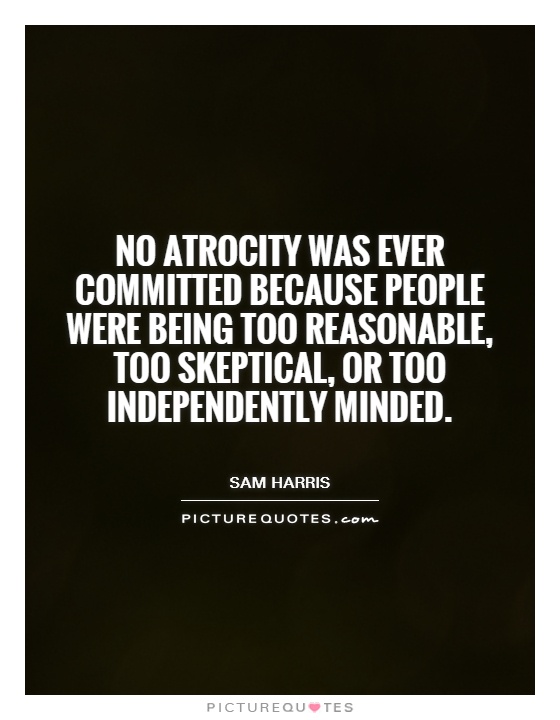
No atrocity was ever committed because people were being too reasonable, too skeptical, or too independently minded
Sam Harris, a prominent neuroscientist, philosopher, and author, is known for his controversial views on religion, morality, and the nature of consciousness. One of his key arguments is that no atrocity was ever committed because people were being too reasonable, too skeptical, or too independently minded. This statement reflects Harris's belief in the power of reason and critical thinking to prevent violence and injustice.Harris argues that atrocities such as genocide, terrorism, and war are not the result of people being too rational or too skeptical, but rather the opposite. He believes that these acts of violence are often fueled by irrational beliefs, dogmatic ideologies, and blind faith. In his book "The End of Faith," Harris criticizes religious extremism and the harmful effects of faith-based reasoning on society. He argues that religious beliefs can lead people to commit acts of violence in the name of God, without questioning the morality or consequences of their actions.
Harris also emphasizes the importance of independent thinking and skepticism in preventing atrocities. He believes that individuals should question authority, challenge conventional wisdom, and seek evidence-based solutions to complex problems. By encouraging people to think for themselves and question the status quo, Harris believes that we can prevent the rise of authoritarianism, extremism, and violence.


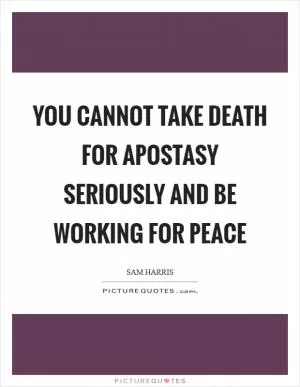

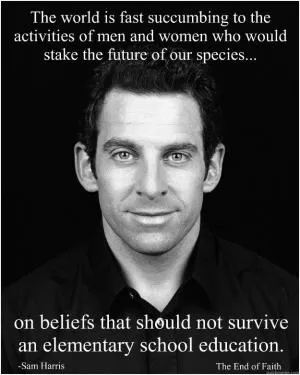


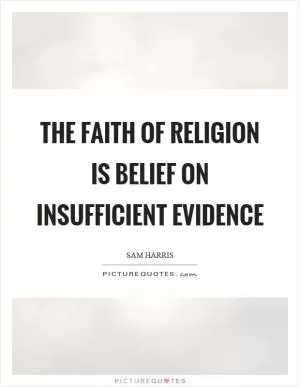

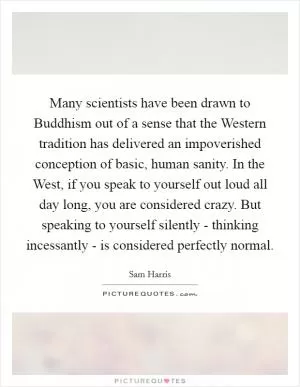

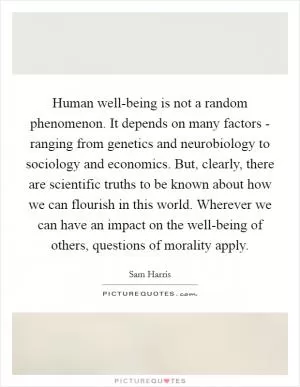
 Friendship Quotes
Friendship Quotes Love Quotes
Love Quotes Life Quotes
Life Quotes Funny Quotes
Funny Quotes Motivational Quotes
Motivational Quotes Inspirational Quotes
Inspirational Quotes